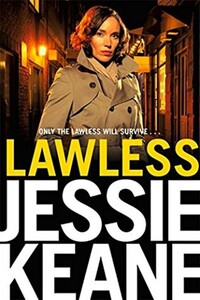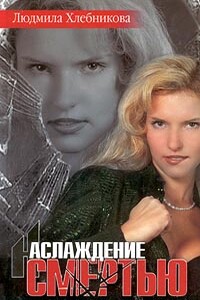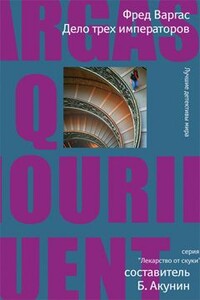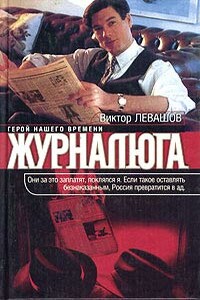Stay Dead | страница 10
‘I can’t go on with it, Sam,’ said Edie in tears. ‘It ain’t fair.’
‘It’s God’s will,’ said Sam, and that was an end to it. He was doing well on the railways, he was responsible for a small gang of men on the tracks now, his pay was better than before. There was no reason he shouldn’t enjoy his own wife and have the big Catholic family he wanted. No reason at all.
‘I’m so tired,’ whinged Edie.
He was sick of the sound of her voice, always whining on about what a hard life she had. He supported her, didn’t he? Treated her all right. Wasn’t that enough?
Nothing would deter Sam from making her perform her wifely duties. Back from the pub, he would fall into bed and right away he’d be on her. Sometimes she protested, and then it turned into straightforward rape, but if ever Sam felt a twinge of conscience over that he salved it quickly – because he knew that a man could never rape his wife, he had legal rights over her. Conjugal rights, wasn’t that a fact?
There came another miscarriage.
Another stillbirth.
Edie seemed to shrink into herself, become like a shadow. She lost weight and her face was pale with misery; she was no longer the pretty, engaging and hopeful girl he’d married, and Sam felt cheated.
‘I don’t know what the fuck you want from me,’ he raged at her. ‘You’ve got a bloody good earner looking after you, you’ve even got help around the house now Dolly’s getting older. What the hell do you want?’
Edie never answered that question openly, but in her head she did: she wanted him to leave her alone. She wanted him to go out one day and never come home. That was what she wanted, and if she said as much he would kill her stone dead. So she didn’t; couldn’t. Worn out by the misery of endless pregnancies and bloody miscarriages and devastating stillbirths, she stepped back from the world. And in her heart she grew to hate him, her Sam, once her best love, her only love. All that had turned to dust.
5
Limehouse, 1955-57
When she was ten, Dolly Farrell considered running away from home. She was at primary school with her friends, and she liked primary school and never missed a day because it was much nicer than home. The school was a small Catholic-funded centre of education, and it looked like a church; in fact it had been built in the same year as the Victorian church just up the road, beside the recreation ground with its huge, terrifying slide for the kids to play on.




